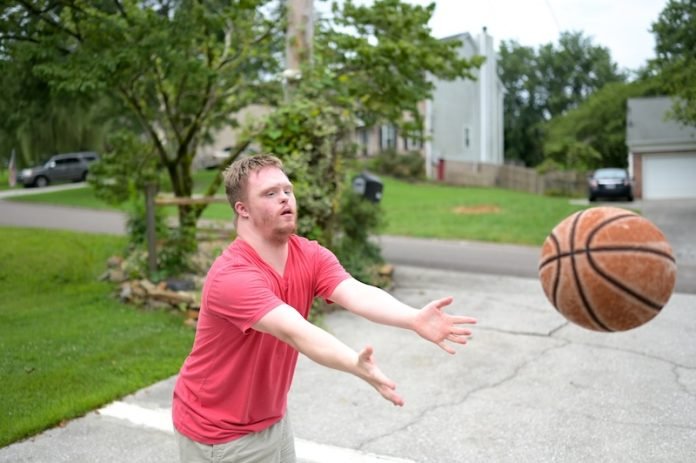
Autism is a condition that affects how a person interacts and behaves. It’s more common in boys and can be noticed in early childhood. It’s estimated that 1 in every 59 children has autism.
How Brain Cells Impact Autism
Our brain is made up of many small units called brain cells. These cells communicate with each other through connections known as synapses.
In babies, a high number of synapses are formed, allowing better communication between brain cells. If something goes wrong in this process, it might lead to conditions like autism.
In-Depth Study of Autism
Researchers, including a team from Northwestern University, have been exploring how certain genes might affect synapse formation and contribute to autism.
They focused on a gene called ANK3, responsible for producing a protein named ankyrin-G. While past research linked changes in ANK3 to autism, the exact impact on the brain was unclear.
The Findings: Ankyrin-G and Usp9X
The study discovered that ankyrin-G plays a key role in growing dendrites, which are extensions of brain cells that help form synapses.
However, ankyrin-G needs a helper: an enzyme called Usp9X. Usp9X stabilizes ankyrin-G, enabling it to assist in creating synapses.
When ankyrin-G and Usp9X work together efficiently, a baby’s brain develops many synaptic connections, leading to effective brain cell communication.
The Problem with Usp9X Dysfunction
If Usp9X doesn’t work correctly, ankyrin-G levels decrease, potentially leading to brain development issues from birth. The researchers observed this effect in mice with similar problems.
These mice had neuron (brain cell) issues and displayed different behaviors. The scientists attributed these problems to a reduced number of synapses, resulting in poorer brain cell communication.
Conclusion and Future Directions
The study suggests that problems with the Usp9X gene might be one of the causes of autism. This research marks a significant advance in understanding autism. However, more research is necessary to confirm and further explore these findings.
This breakthrough was published in the Neuron journal by Peter Penzes and his team.
If you care about autism, please read studies that cats may help decrease anxiety for kids with autism and new study may develop better treatment for autism
For more information about health, please see recent studies about how to eat your way to a healthy brain, and results showing this type of food may contribute to autism.
Copyright © 2023 Knowridge Science Report. All rights reserved.



